Examine how businesses can help manage prices ethically, strategize product mix, in a downturn
In a downturn, businesses need to be nimble, defensive, and watch customer spending closely. But there are nuances to this recession, riddled with continued supply chain issues, a major labor shortage, an ongoing pandemic, and geopolitical tensions. With an uncertain future, a pricing expert from Pricefx, the global leader in cloud-native pricing software, shares pricing strategies to consider as the economy pushes through inflation, and the recession looms.
“We are in unprecedented times and successful businesses will need to move with careful measure, evaluate cost structures and supply, analyze demand for products on the outbound side, and evaluate impacts to margin closely,” said Doug Fuehne, senior vice president, Customer Impact, at Pricefx. “Every industry is different, with many having rapidly changing customer needs. Companies without pricing software often fall victim to not seeing what’s happening, like shifts in demand or profit squeezing, which can cause a downward spiral in a downturn.”
Read More: SalesTechStar Interview with Declan Ivory, Vice President of Customer Support at Intercom
Regardless of where a business or organization falls into the matrix of changing costs versus demand, there’s a strategy to consider for every situation.
- Costs up, demand up: In an inflationary environment where costs go up and demand is up, it can be difficult for large companies to manage the rate of change happening in the market. They can suffer margin compression and revenue disruption as a result. For example, a manufacturer or distributor with 10,000 products and 10,000 customers means 100 million price points to manage so it is imperative to be proactive and strategic to make rapid price adjustments at scale as costs are changing.
- Costs up, demand down: The economy has been trending toward this model, driven by a recession. Companies in this state must beware of margin squeezing. It may be tempting to lower prices to capture demand, which is dangerous without full transparency of costs across product lines. This is a time to watch closely, beware of slips and revenue dropping. Businesses who aren’t careful and indiscriminately raise prices with costs changes can find revenues falling off the cliff, especially with competitive pressures. In this environment, organizations need to carefully walk the line between demand-focused price decreases and cost-focused price increases. They will need to know where and how much to change based on expected demand and margins. The wrong moves can make or break a business.
- Costs down, demand up: While this scenario is the most ideal for businesses, Fuehne recommends keeping a finger on the pulse of pricing ethically. When demand is up, competitors can obtain market share with lower prices. Businesses should watch these moves closely, understanding where they can stay the course, and where to make strategic changes.
- Costs down, demand down: In a recessionary period, pricing managers and executives will have to strategically lower prices to capture as much demand without losing profit. Lowering prices effectively, with a true understanding of product mix demanded, is critical in this scenario. Consider whether there is a product that can be optimized or adjusted to optimize revenue. For example, meat suppliers can respond to a market that once had strong demand for higher-end cuts like ribeye steaks but now desires a product mix with more ground round or other accessible cuts.
Read More: Brand Equity Is Suffering With The Rise Of Cash-Back Apps And More Product Choices– Here’s Why.





